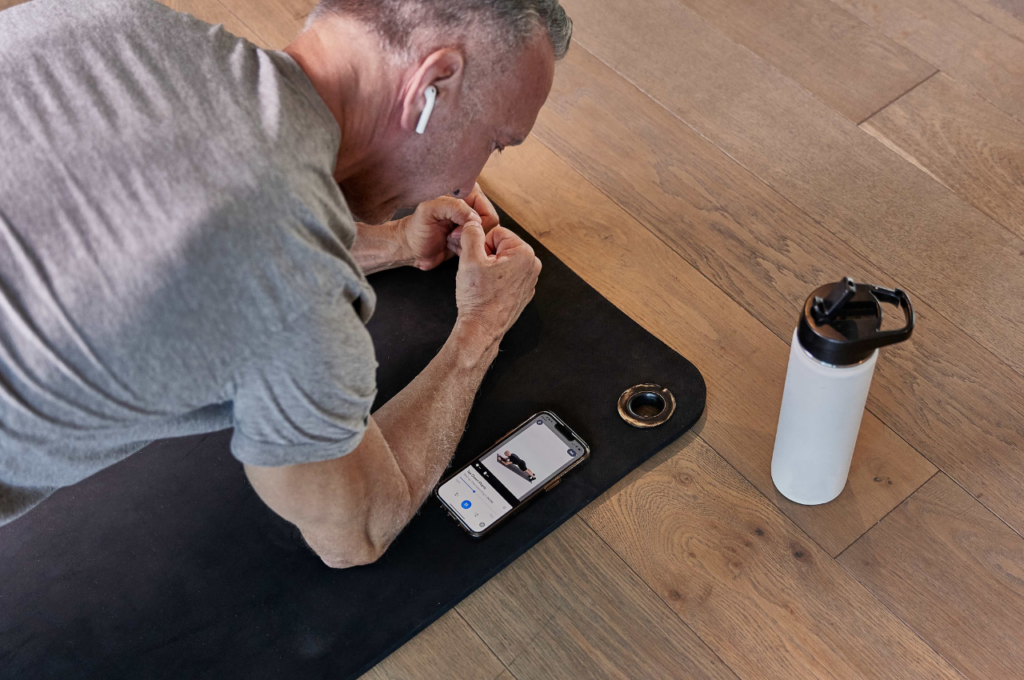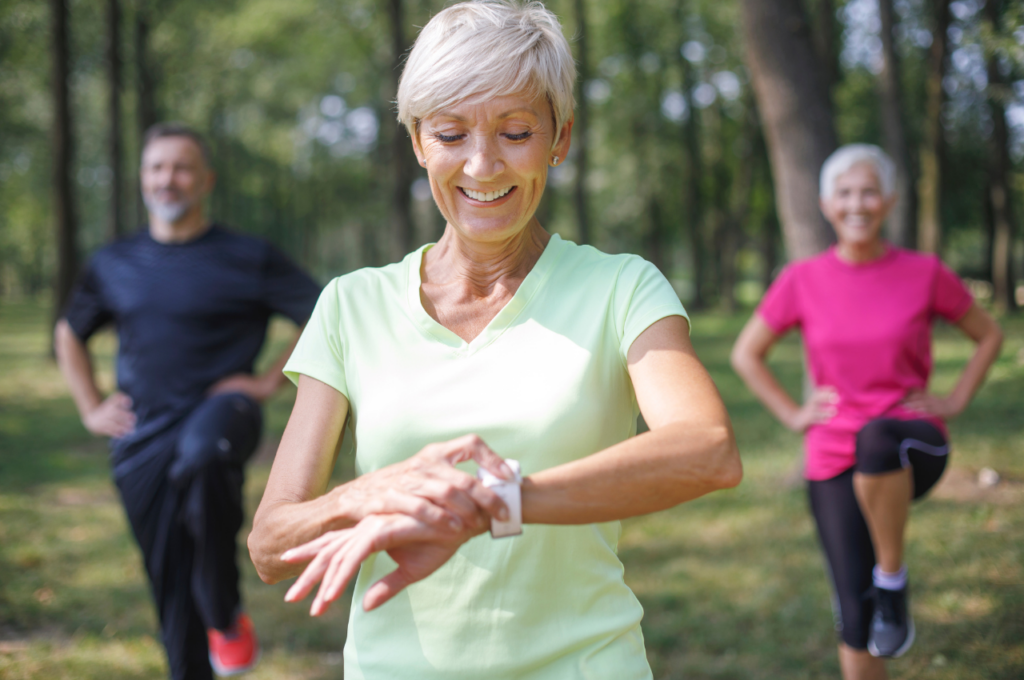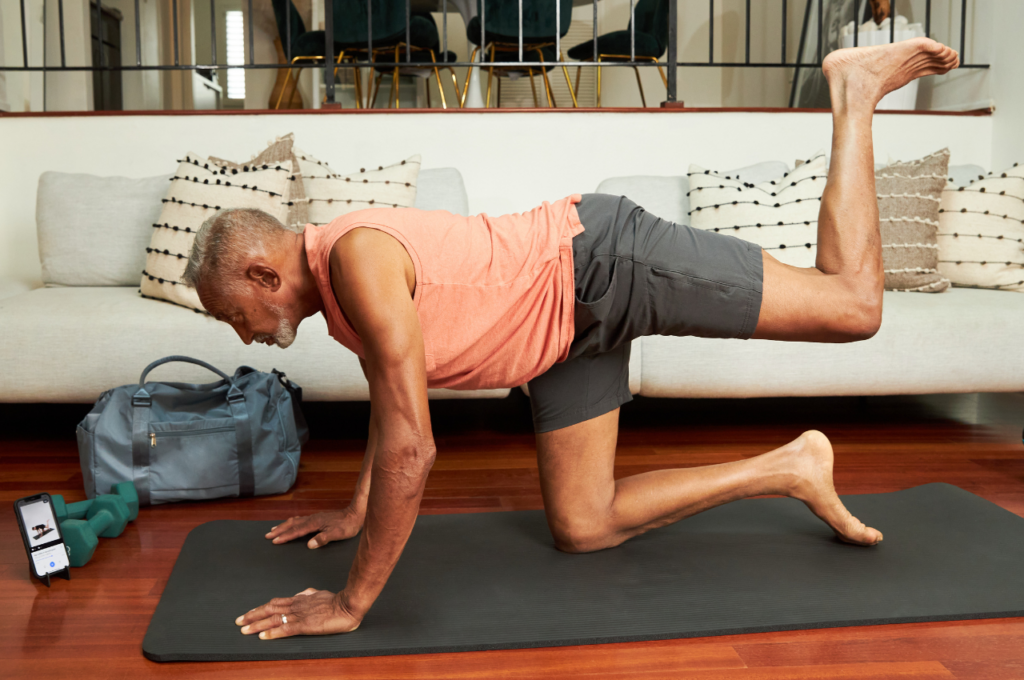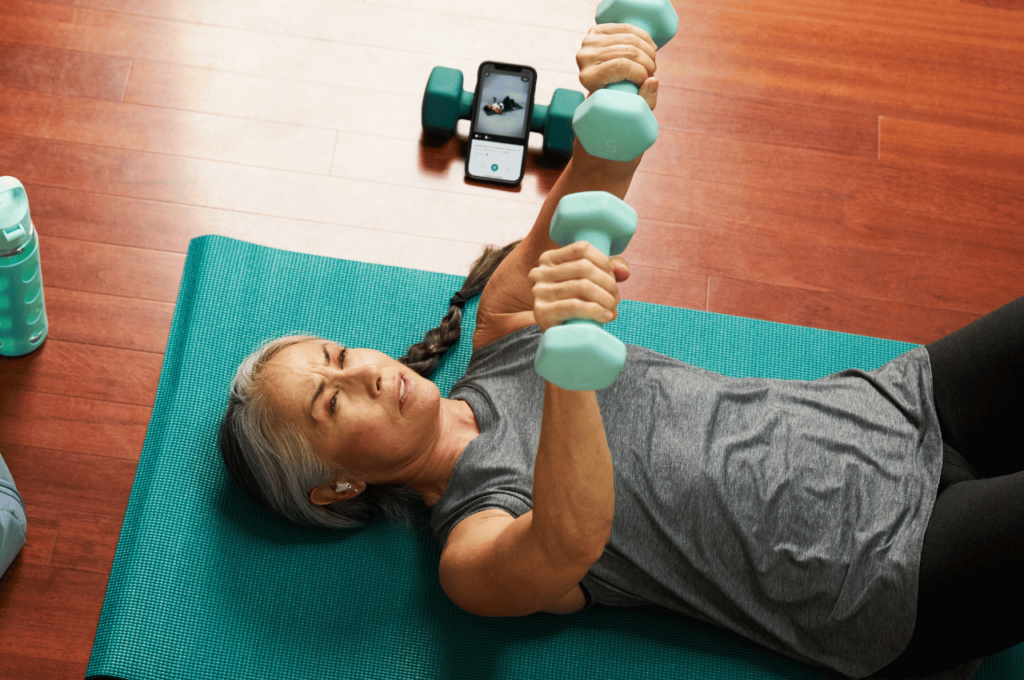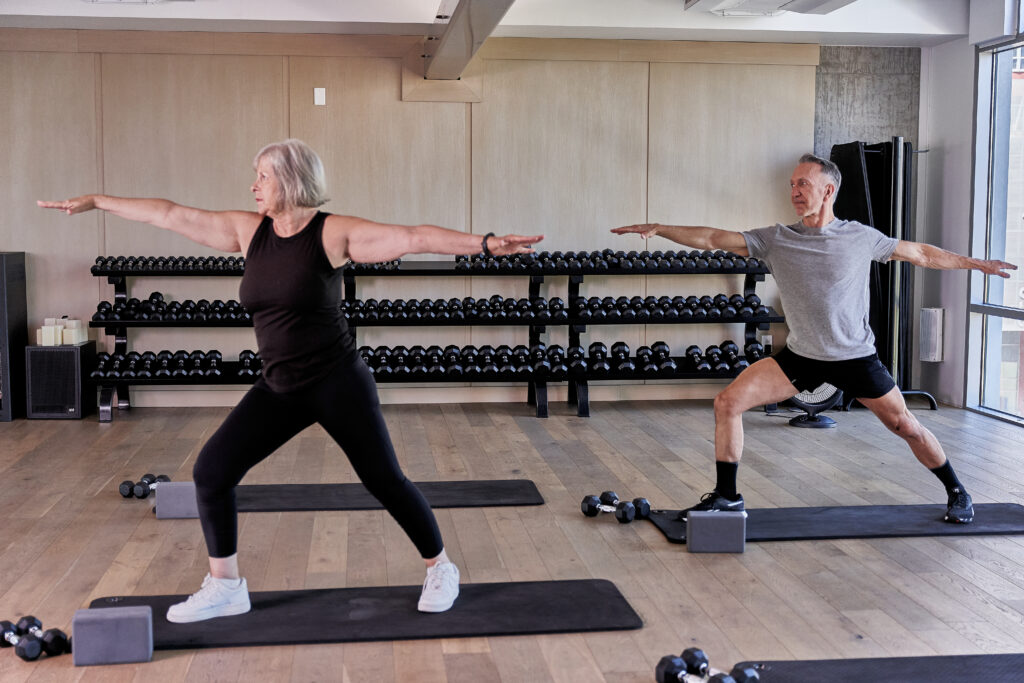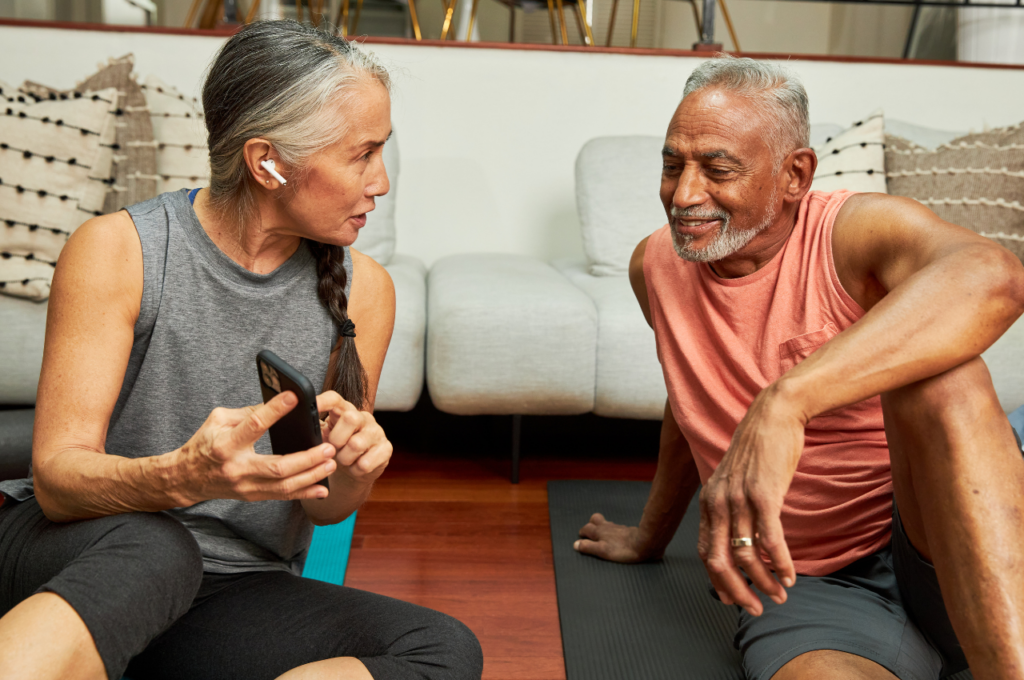In addition to sudoku, crossword puzzles, and brain games that seniors use to stay mentally sharp, there’s another, perhaps even more powerful, tool that can help protect cognitive health. Discover how regular physical activity can prevent and even reverse the cognitive declines many people accept as part of the aging process. Learn how physical activity impacts brain function and which exercises research shows are the most effective for better brain health.
The Cost of Cognitive Decline
Cognitive decline, dementia, and Alzheimer’s disease pose a significant challenge for seniors and healthcare systems alike. Alzheimer’s, in particular, carries a staggering financial burden. It ranks as one of the most expensive diseases in America, exceeding the costs of cancer and heart disease.
The most recent estimates show that nearly one in six Medicare dollars will be spent on Alzheimer ‘s care in 2024. Furthermore, Medicare spends 2.8 times more per person on those with Alzheimer’s, a jump from $7,918 to an astonishing $21,973 annually.
Eight Ways Exercise Can Change Cognitive Health
The encouraging news is that exercise can have an extraordinary impact on brain health and may reduce the risk of Alzheimer’s by up to 45%. Regular physical activity can positively affect many brain functions, including attention, processing speed, memory, executive functions, and overall cognitive abilities. Here’s how exercise works its magic on the brain:
1. Improves blood flow and oxygen delivery
Physical activity boosts blood circulation, ensuring the brain receives an adequate supply of oxygen and nutrients. Improved blood flow supports neurogenesis (the birth of new neurons) and synaptic plasticity (the ability of synapses to strengthen or weaken over time).
2. Increases production of neurons (Neurotrophic Factors)
Exercise stimulates brain-derived neurotrophic factor (BDNF), which is vital for neurons’ growth and maintenance, particularly in the hippocampus, the brain region crucial for memory and learning.
3. Reduces inflammation
Chronic inflammation and oxidative stress are associated with cognitive decline. Exercise helps reduce inflammation in the body, including the brain, helping to protect cognitive health.
4. Enhances brain connectivity
Physical activity improves brain connections, strengthens existing neural pathways, creates new ones, and improves overall brain communication.
5. Balances neurotransmitters
Exercise influences neurotransmitters like dopamine, serotonin, and norepinephrine, the chemicals responsible for mood regulation, attention, and memory.
6. Protects against neurodegeneration
Regular physical activity promotes the growth of new brain cells (“neurogenesis”), acts as a shield against neurodegenerative conditions like Alzheimer’s disease, and can improve the working memory of older adults.
7. Improves mitochondrial health
Mitochondria are cells’ energy powerhouses. Exercise promotes mitochondrial health, ensuring efficient energy production for brain function.
8. Increases brain volume
Brain imaging studies reveal that exercise, particularly aerobic exercise, is associated with a greater volume of grey matter. Grey matter, a crucial type of brain tissue, is essential for various mental functions, including memory, emotional regulation, learning, speech, and motor control.
The Best Exercises for Brain Health
With studies showing that inactivity increases dementia risk, the question then becomes, what are the best exercises for seniors that will provide the most benefits to the brain? For optimal cognitive health, seniors should engage in three types of exercise:
- Aerobic exercise boosts blood flow and oxygen to the brain, helping it to function more efficiently.
- Strength or resistance training helps protect brain areas vulnerable to Alzheimer’s disease and can improve cognitive performance, including memory.
- Yoga and meditation enhance brain function and structure, positively affecting the hippocampus and helping reduce age-related declines in the brain.
“No one is immune from aging as father time is undefeated,” says Pete English, Senior Vice President and General Manager – Medicare at PEAR Health Labs. “I can’t think of anyone who wouldn’t want to protect or improve their brain function as they age. That’s why this information is so important to everyone, whether you are of Medicare age or not.”
He adds, “While there are factors beyond our control, maintaining an active lifestyle is one of the most important things anyone can do to prevent cognitive decline.
Aaptiv Advantage
With accessible, easy-to-use fitness solutions like Aaptiv, medicare beneficiaries can improve and protect their physical and cognitive health, allowing them to live a fulfilling and active lifestyle for years to come.
Provide a Medicare fitness and wellness solution that beneficiaries will feel is personalized just for them. Contact us today and take the first step towards improving member wellness, satisfaction, and retention with Aaptiv Advantage.

